Historical monuments in Wales get more protection
- Published
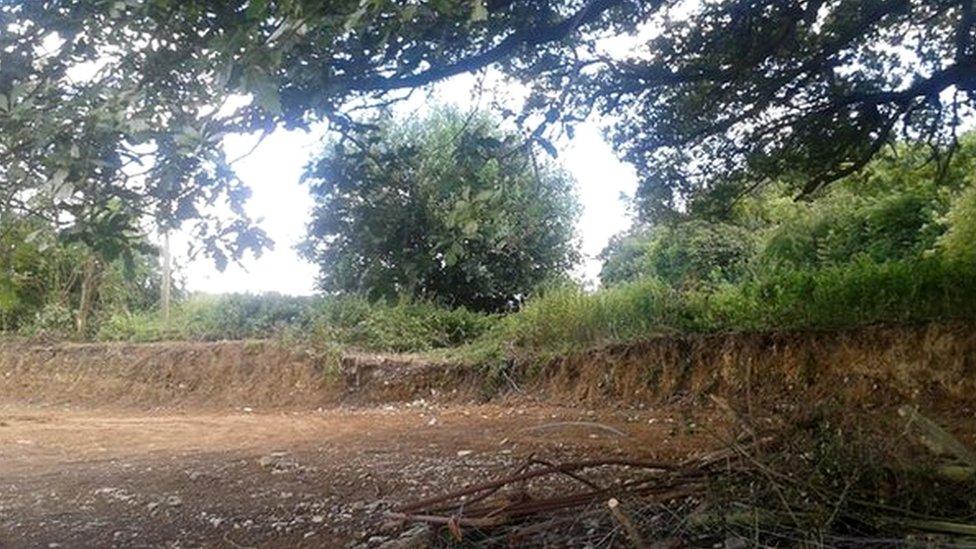
Excavation works at Offa's Dyke were investigated by police but no-one was prosecuted
A new law to protect historic monuments and buildings in Wales has been passed by the assembly.
The Historic Environment (Wales) Bill, external gives local authorities powers to make owners carry out repairs if they damage monuments.
Battlefields, prehistoric settlements and place names will also be recorded.
It follows concern that out of 119 cases of damage to sites between 2006 and 2012 only one resulted in a successful prosecution.
The new law will make it more difficult for people to claim ignorance of a monument's status or location.
Authorities will be allowed to take urgent action to stop unauthorised work on sites, and there will be measures to prevent historic buildings from falling into disrepair.
Ken Skates, deputy minister for culture, says the new law would offer more protection and redress
Historic environment records - including place names - will also be put on a statutory footing in a UK first for Wales.
Justin Albert, National Trust director for Wales, said: "Sustaining and enhancing our historic environment will undoubtedly show the world what a proud, caring and forward-thinking country we are - a country that people will be eager to visit and share with us."
In 2013, a stretch of the 1,200-year-old Offa's Dyke, on privately owned land between Chirk and Llangollen, was found flattened.
But police said there was insufficient evidence to bring charges over damage to the ancient earthwork, which was built in the 8th Century as a boundary between King Offa's domain and Wales.
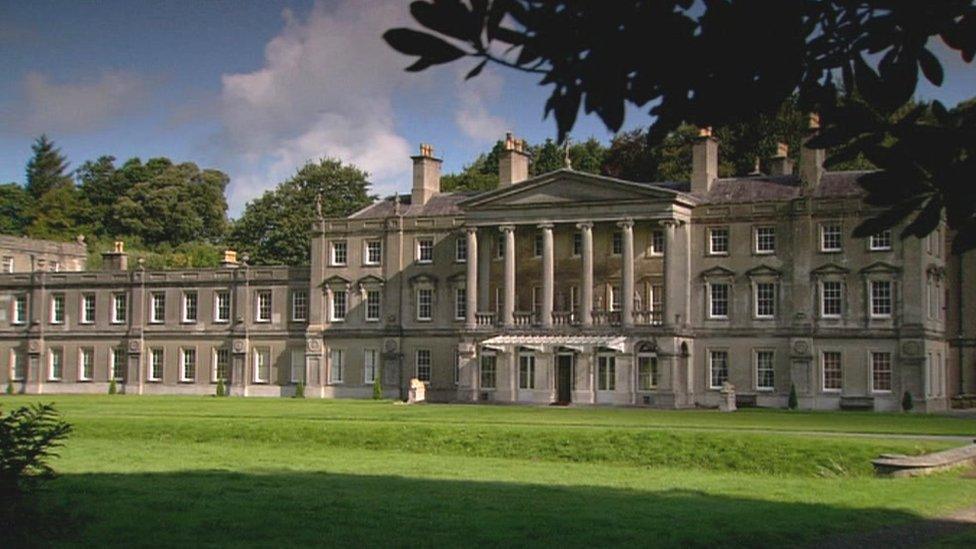
Plas Glynllifon, near Caernarfon, was offered for sale under the name Wynnborn mansion
- Published5 May 2015
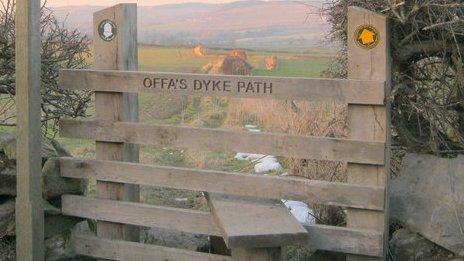
- Published1 November 2015
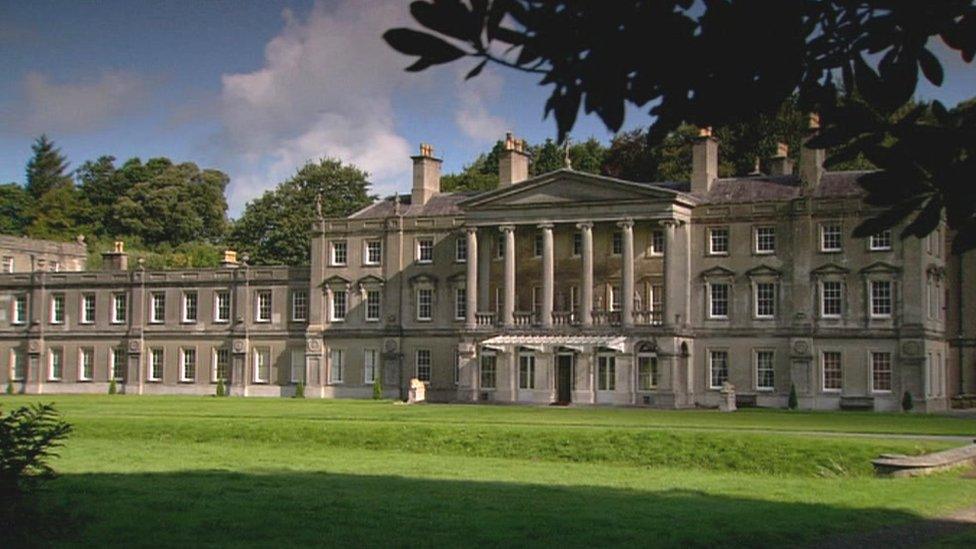
- Published26 February 2015
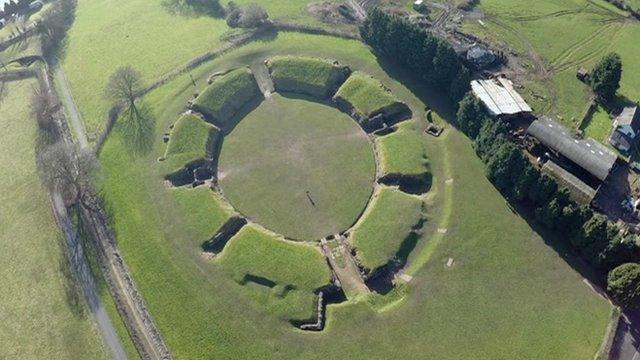
- Published3 June 2014
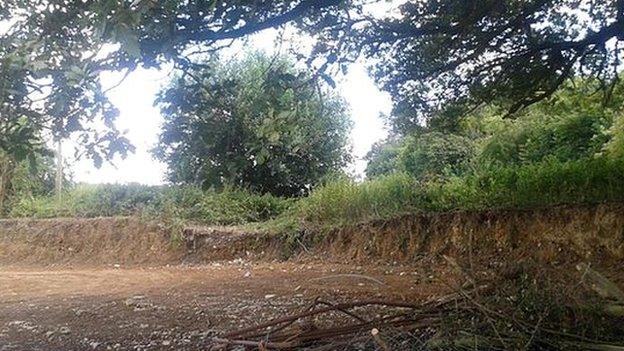
- Published16 August 2013
